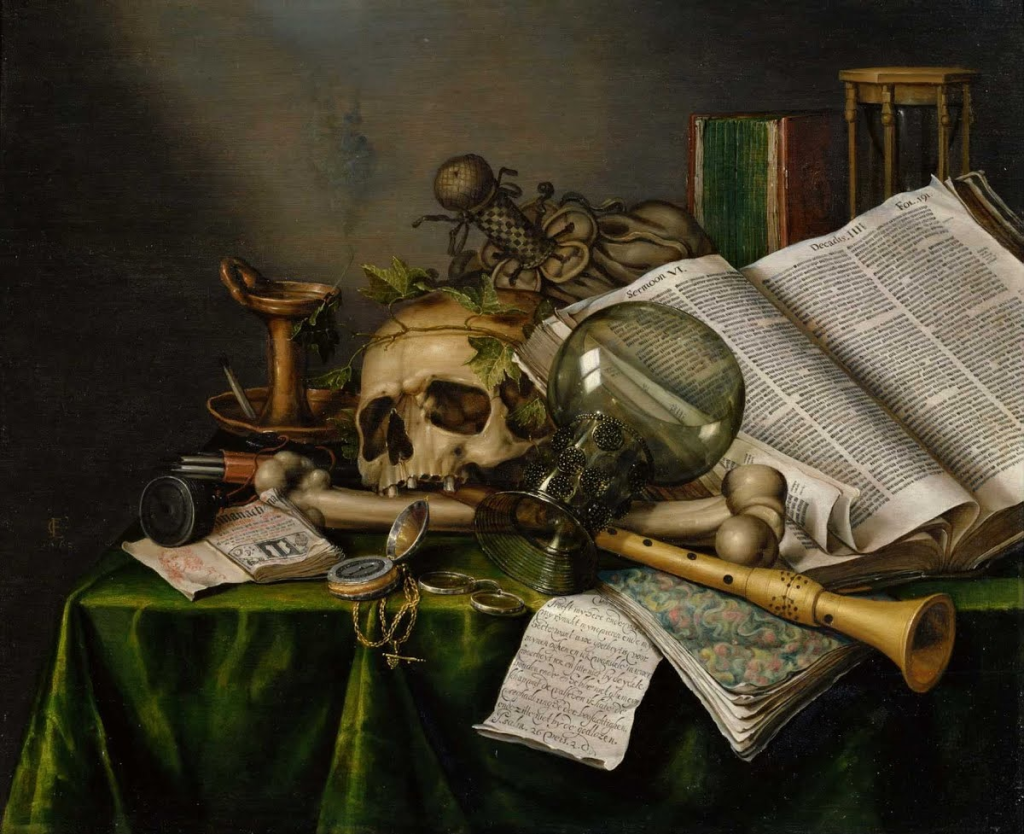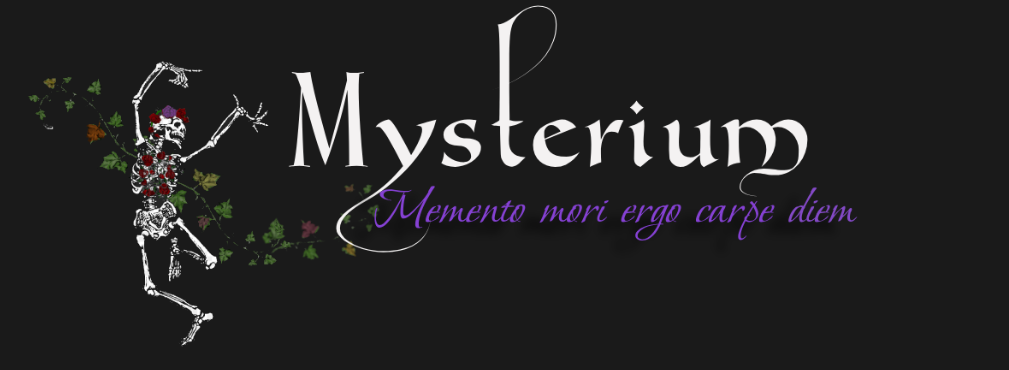
Eleanor Cummins reviews seven thanatocentric books for The Atlantic:
Everyone lives with a shared burden: Inevitably, each of us will die, and so will the people we love. It’s easy enough to ignore when you’re young or healthy, but anxious questions remain. When and how will it all end? And what will happen when I’m gone?
Over the centuries, religious and philosophical texts, such as The Tibetan Book of the Dead and Seneca’s On the Shortness of Life, have attempted to ease the journey. Modern meditations on human mortality tend to be written not by wise sages but by individuals who have faced the end of life—sometimes a person who is themselves dying, an individual who is grieving a loss, or an expert in the medical or funeral field. Many of these books can be clumsy exhortations to the reader to make the most of the time they have left. Staring down the ultimate unknown, some authors understandably struggle to walk the tightrope between comforting fictions and a macabre desolation.
Life may be nasty, brutish, and short; it’s also sublime. The strongest writing about death and dying captures both the trifling and the profound, the horrible and the beautiful, in service of messy human truths. Rather than cajole the reader into wringing everything they can out of each moment, the seven books below can help us accept our limitations and live full lives.
